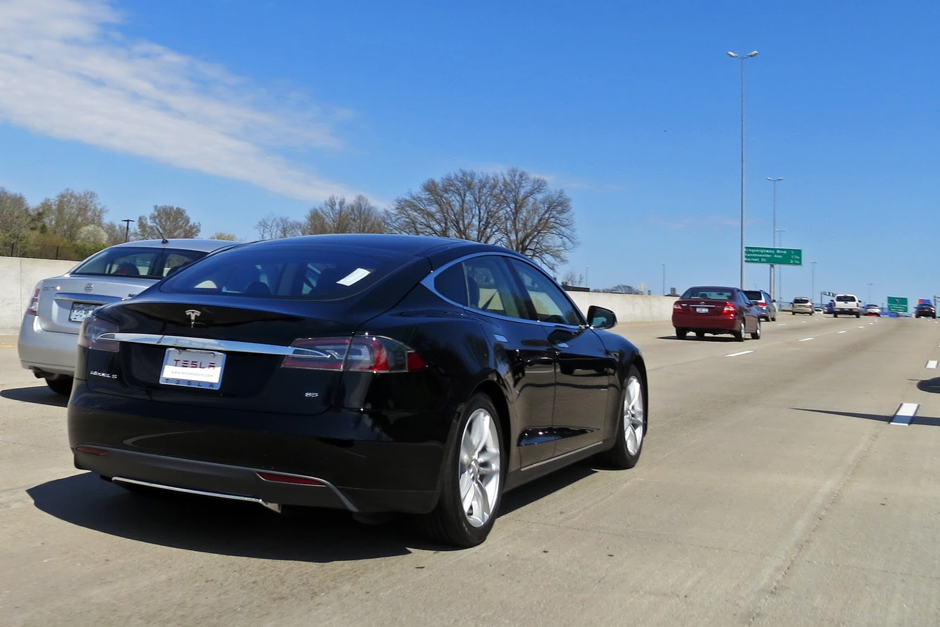The conspiracy theorists among you will have noticed something of a trend recently in the media. Every day we get page after page of news coverage on the subject of accidents in driverless cars. And yet, rarely do we get any coverage of the thousands of deadly crashes that happen every day at the hands of human drivers. It’s as if somebody wants to turn us against the very technology that could end up saving millions of lives.
Take all the accidents involving the driverless market leader: Tesla. The media has covered practically every Tesla accident so far. And every time, it’s asked the question whether the autopilot was at fault. Tesla has then investigated, and in the majority of incidents found that driver error was to blame. There have been two fatalities as a result of autopilot error. And tragic as they are, they occurred after thousands of customers drove millions of miles using the system.

Recent evidence shows that the vast majority of accidents are the result of driver error. According to the NHTSA, 90 percent of accidents on the road are directly the result of people. Falling trees and exploding engines just aren’t all that dangerous in the grand scheme of things. Legal firm Strom and Associates add to this evidence by pointing out that two million were injured in auto accidents in a single year in the US. And that was back in 2010 when there were no cars with “autopilot” on our roads.
It seems, however, that the media effort to discredit driverless tech has rubbed off somewhat on the public. Men and women were polled separately by the Consumer Technology Association. 35 percent of men said that they thought that driverless technology was unsafe. And an astonishing 50 percent of women rated the tech as “not safe.” Only 21 percent of women actually thought that driverless cars were safe to use on the roads.
This sentiment that has been whipped up by the media risks holding back a technology that has the potential to make a difference in the real world. Experts believe that robots will reduce the number of accidents on our roads by an order of magnitude. Some estimate that we could see reductions of more than 90 percent. That would mean that road deaths in the US could drop from 30,000 a year to just 3,000.
Of course, as with every technology, there’s a learning curve. The death of a Tesla driver back in May represents the scale of the technical challenge. The problem of driving on the roads, of course, is that there are so many possible variables and permutations. Itis difficult for machines without general knowledge to understand all road events. In May’s fatal accident, the Tesla autopilot mistook the undercarriage of a truck as a bridge. As a result, it kept going and plowed into it.
But however new the tech might be, it’s still better than what we’ve got right now: people. Surely that’s the only argument that matters when it comes to going driverless?



